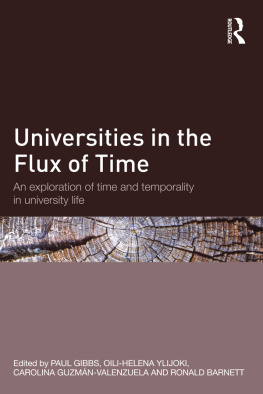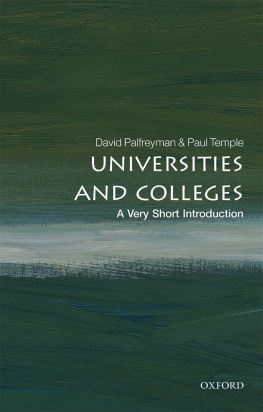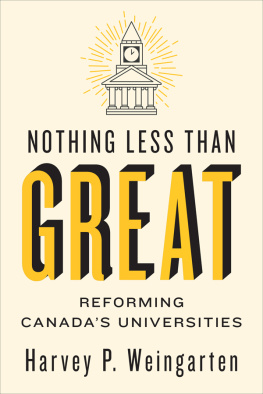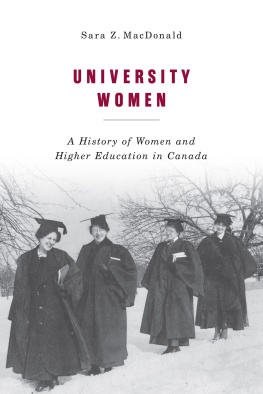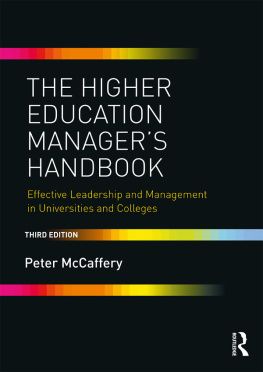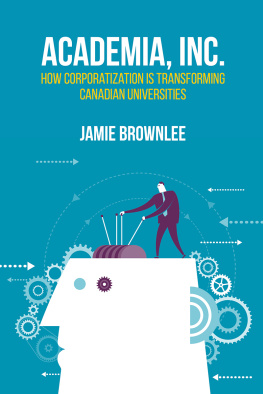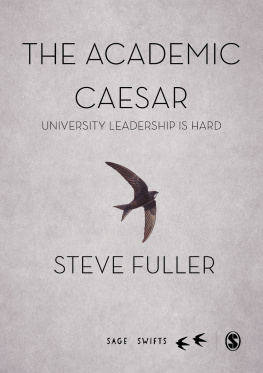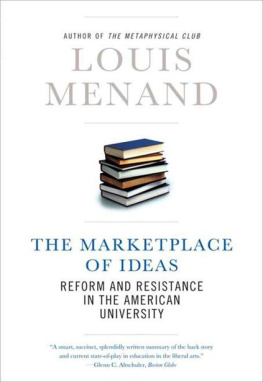Michael A. Peters
Time is money... speed is power: We have moved from the stage of the acceleration of History to that of the acceleration of the Real. This is what the progress is: a consensual sacrifice .
Paul Virilio (2008); Paul Virilio on the crisis in Radical Perspectives on the Crisis , https://sites.google.com/site/radicalperspectivesonthecrisis/news/paul-virilio-on-the-crisis
Introduction: the university on speed
The French urbanist and philosopher Paul Virilio is one of the principal theorists of speed. After many years pursuing the relationship between concepts of velocity and the paradox of being in a virtual world of being somewhere and nowhere at the same time Virilio explains how real time has supplanted real space such that A synchronization has taken place of customs, habits, mores, ways to react to things, and also, of emotions, exemplified in the hysteria that followed the global financial crisis. He maintains: Since speed earns money, the financial sphere has attempted to enforce the value of time above the value of space and while this has led to massive profits for the few and increasing inequalities, to truly understand the phenomenon of an economy of speed, the left has to jettison its old framework that insists capitalism is dead, and all we need is more social justice. This is a false deduction that proceeds from adopting the same old materialist analysis.
Whether one accepts Virilios analysis or his predictions, it is clear that speed and velocity are two of the main aspects of a new finance capitalism that operates at the speed of light based on sophisticated buy and sell algorithms. Already researchers have demonstrated that data transfer using a single laser can send 26 terabits per second down an optical fibre and there are comparable reports that lasers will make financial high-frequency trading even faster.
The game has changed permanently. Now universities are engines of innovation for fast capitalism dealing in fast knowledge, fast publishing and fast teaching (e.g. massive open online courses (MOOCs)) where knowledge (confused with information) is seen as having a rapidly decreasing shelf-life. We have passed the bedding-down stage of neoliberal universities that occurred with the transformation of the public sphere during the ReaganThatcher decades of the 1980s and 1990s. We have passed the stage of the adoption of principles of New Public Management and the emulation of private sector management styles to enter an era of universities in the service of finance capitalism where universities, increasingly reliant on student fees (especially international students) and independent research funds, serviced by high-speed networks and MOOCs, operate as a part of global finance culture.
Increasingly universities are instrumental in generating and managing a burgeoning student debt. They have become loan institutions that gamble with endowments and make investments in futures markets. They prioritize research that generates income, develop global partnerships with like institutions and consortia to act as powerful actors in the global higher education market, often overly concerned with branding, institutional image, positioning and global marketing. In this new context the university is increasingly preoccupied with finance, with financial global partners, imbued with a finance culture that permeates the institution substituting at every turn for academic leadership and academic culture, downplaying the very sources of self-criticism that used to characterize the university and playing up the financial and reputational stakes.
One might also add that at the very heart of a permanent change of regime is the relationship between global capitalism and the new information and communication technologies, a relationship that has developed quickly in the post-war context to create what I call cybernetic capitalism, a term I introduce to emphasis the new circuits and forms of global capital and new mode of capital accumulation. At the same time, the social and communicative acceleration that results from this relationship at the heart of cybernetic capitalism can be understood in philosophical terms that change the basis for temporality, for subjectivity and being: being a student, being a professor, being a university.
In the first part of this chapter I introduce the notion of digital reason and describe main features of the university in the epoch of digital reason as a philosophical basis for understanding so-called fast capitalism and fast knowledge and various theorizations of cybernetics in relation to the university.
The epoch of digital reason
Global finance capitalism (and financialization) is but one prominent and rapidly growing aspect of cybernetic capitalism. Western modernity and the developing global systems spawned by western (neo)liberal capitalism exhibit long-term tendencies of an increasing abstraction that can be described in terms of long-term
Digital reason is a wider and a more philosophical notion than digital logic, named here in the tradition of Kant and Foucault. It governs the historical emergence of a techno-epistemological epoch that is so recent but indicates a deep transformation of economy, society and the university. Its concepts are the concepts of speed and velocity involving limits of the physics of light as well as system, feedback and control. Much of this rapid transformation of digital logic and the properties of systems can be captured in the notion of algorithmic capitalism (Peters, 2012a; 2012c; 2013) as an aspect of informationalism (informational capitalism) or cybernetic capitalism, a term that recognizes more precisely the cybernetic system similarities among various sectors of the post-industrial capitalist economy in its third phase of development from mercantilism to industrialism and finally to cybernetics linking the growth of the multinational info-utilities (e.g. Google, Microsoft, Amazon) and their spectacular growth in the last twenty years, with developments in biocapitalism (the informatization of biology and biologization of information), and fundamental changes taking place in the nature of the market with algorithmic trading and the development of so-called financialization. This chapter examines these trends and makes an assessment of the long-term effects of them on universities.
Fast capitalism, fast knowledge
Filip Vostal (2013: 96) in his paper Thematizing speed: Between critical theory and cultural analysis notes (following Tomlinson, 2007) that the issue of social speed and time has been treated as a subsidiary theme by the founders of modern sociology and also by those like Bauman and Castells who theorize globalization. He claims Only recently have some social theorists started to develop systematic theories and analyses that address speed as a self-standing social phenomenon (Vostal, 2013: 97) and mentions in this regard Hartmut Rosas critical theory of acceleration and John Tomlinsons investigation of modern cultures of speed (ibid.). He goes on to offer the following description under the heading Critique of the ever-faster lifeworld:
There are several seminal book-length accounts (Agger, 1989, 2004; Hassan, 2003, 2009, 2012) that develop a critique of speed. This body of literature distils, and in a sense systematizes, speed as a modern and above all capitalist imperative with a plethora of negative consequences for the environment, health, self-determination, individual autonomy, democracy, intellectual pursuits and social reproduction.... Essentially, the authors... the Frankfurt School tradition by identifying speed as the central feature in the capitalist production process, which obstructs mechanisms of reaching understanding and thereby colonizes the lifeworld and by highlighting the capitalist reification of time as the pivotal cause behind the eclipse of reason.

